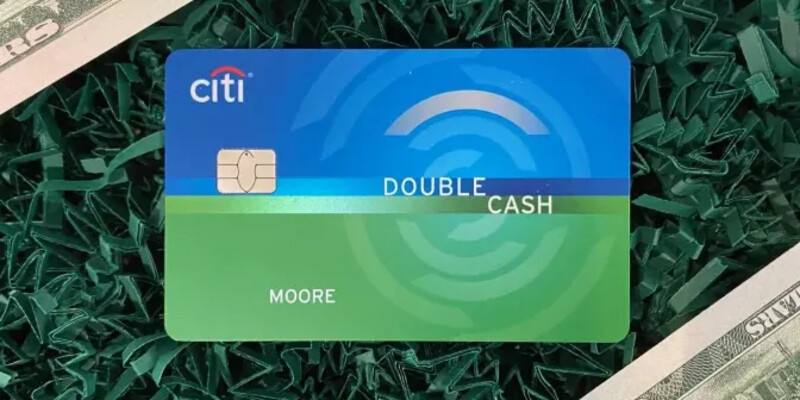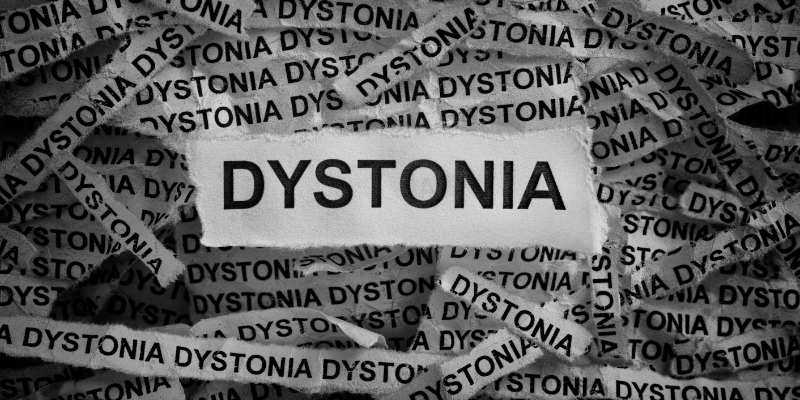How Long Can Derogatory Marks Impact Your Credit Score?
Derogatory marks on your credit report can significantly impact your credit score, affecting your ability to obtain loans, credit cards, or even secure a rental property. These negative marks result from issues like late payments, defaults, collections, or bankruptcies. Once recorded, they can remain on your credit report for several years, complicating efforts to demonstrate financial responsibility. Understanding the duration of these marks and how to address them is vital for maintaining a healthy credit profile. This guide will delve into the lifespan of such marks and offer strategies to enhance your credit.
What is a Derogatory Mark?

A derogatory mark therefore refers to any entry on your credit report suggesting that you are in some ways a bankrupt person as per the credit bureau. It can happen due to several reasons like, charges for payment, defaults on loans or even a bankruptcy. These marks can form on revolving accounts such as credit card and also on installment credits of any form including mortgages.
The credit reporting agencies over see credit scoring or credit rating, which employs different features like payment history, amounts owed, credit history, new credit enquiries, and kind of credit used. Harmful remarks have promotional power over your payment history and the amount you owe, which will lead to lowered credit scores.
Types of Derogatory Marks
There are several types of derogatory marks that can appear on your credit report, each with different impacts and durations. Some common examples include:
Late Payments
A late payment is a missed payment or one that is at least 30 days overdue. Creditors typically report late payments to the CRAs once they are 30, 60, or 90 days late. The longer you delay in making a payment, the more severe its impact on your credit score will be.
Defaults
A default happens when you don't repay a loan as agreed in your contract with the lender. This can occur with various loans, such as mortgages, student loans, and car loans. Defaults can severely impact your credit score and remain on your credit report for up to seven years from the date of delinquency.
Collections
If you don't pay a debt, the creditor might sell your account to a collections agency. This leads to a collection account appearing on your credit report, showing that the debt wasn't paid as agreed. These accounts can remain on your credit report for up to seven years from the date of delinquency.
Bankruptcy
Bankruptcies are one of the most damaging derogatory marks and can severely impact your credit score for up to ten years. There are two types of bankruptcy filings: Chapter 7 and Chapter 13. In Chapter 7 bankruptcy, all eligible debts are discharged, while in Chapter 13, the debtor creates a repayment plan with their creditors. Both types of bankruptcy have a significant impact on your credit score and can limit your ability to access credit in the future.
How Long Do Derogatory Marks Stay on Your Credit Report?
The duration of derogatory marks on your credit report depends on the type of mark and the specific reporting guidelines of each CRA.
- Late payments: Can stay on your credit report for seven years from the date they were reported to the CRAs.
- Defaults: Remain on your credit report for seven years from the date of delinquency, even if you pay off the debt before then.
- Collections: Typically remain on your credit report for seven years from the date of delinquency, even if the debt is paid off.
- Bankruptcies (Chapter 7 and Chapter 13): Can stay on your credit report for up to ten years from the date of filing.
It's essential to note that although derogatory marks may remain on your credit report for several years, their impact will lessen over time as they become less recent. However, it's crucial to take steps to improve your credit and minimize the impact of these marks as much as possible.
How to Improve Your Credit Despite Derogatory Marks
While derogatory marks can have a significant negative impact on your credit score, there are steps you can take to improve your overall credit standing:
- Make payments on time: One of the best ways to demonstrate financial responsibility is by consistently making on-time payments. This will help improve your payment history and gradually offset the impact of derogatory marks.
- Pay off outstanding debts: If you have any collections accounts or defaulted loans, paying them off can help improve your credit score. While the mark may still remain on your report, having a zero balance can show potential lenders that you've taken steps to rectify past mistakes.
- Keep credit card balances low: The credit utilization ratio, which is the amount of credit you're using compared to your total available credit, plays a crucial role in determining your credit score. Maintaining low balances can help boost this part of your score.
- Consider credit repair services: If you have multiple derogatory marks on your credit report, it may be helpful to work with a reputable credit repair company. They can help identify any errors or inaccuracies in your report and assist in creating a plan to improve your credit score.
Effects on Credit Score

Derogatory marks can greatly affect your credit score, possibly causing a drop of 100 points or more. This can hinder your ability to access credit and may lead to higher interest rates or even denial of loans and credit cards.
However, keep in mind that derogatory marks are not the only factor that affects your credit score. By practicing responsible financial habits and taking steps to improve your overall credit health, you can gradually build up your score despite these negative marks.
Conclusion
Derogatory marks on your credit report can be daunting, but they don't have to define your financial future. Understanding the types of marks and their durations, as well as implementing strategies to improve your credit, can help mitigate their impact. By staying proactive and responsible with your finances, you can work towards a better credit score over time. So, it's essential to regularly check your credit report for any derogatory marks and take necessary steps to improve your overall credit standing. Remember, every small effort counts in the long run when it comes to building a good credit score.












